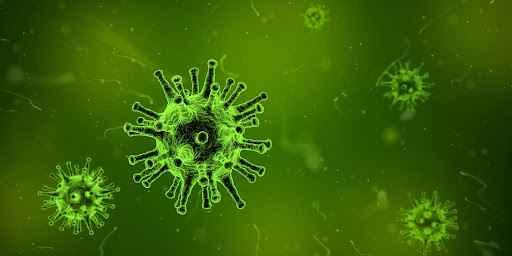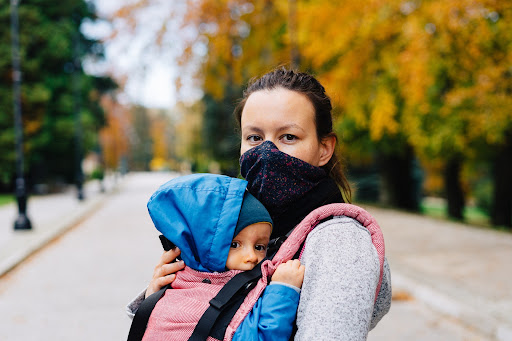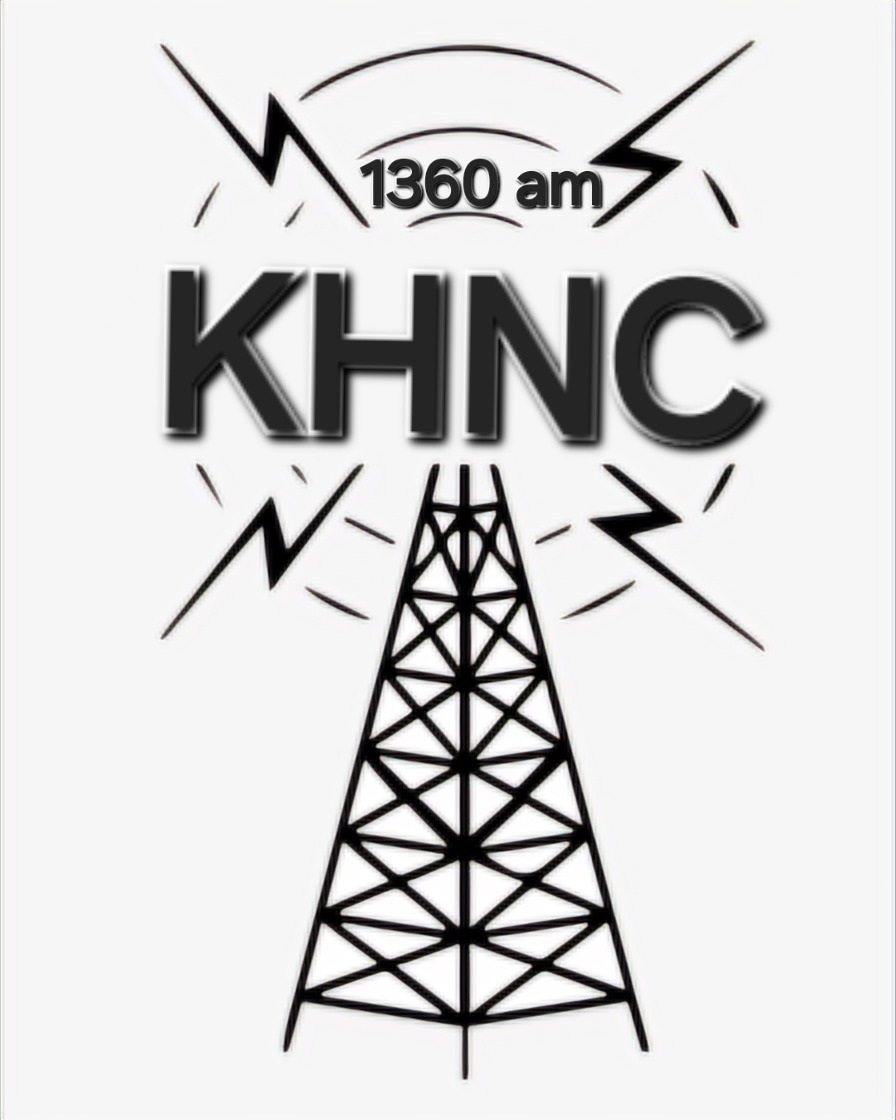
As our children go back to daycare and school in person we have to be extremely vigilant over their hygiene and health. The Delta variant of COVID is known to affect children more than other variants have in the pandemic. There is another illness that has been around even longer than COVID but this year has spiked along with the Delta variant. RSV has spiked this summer way before the usual rise in cases of late fall/ early spring. Symptoms between RSV and COVID can seem similar but Dr. Parth Bhatt says it’s easy for your doctor to test and tell them apart. “We have the specific testing for them, and we can know for sure whether it is COVID or RSV.” The CDC says, “Due to this increased activity, CDC encourages broader testing for RSV among patients presenting with acute respiratory illness who test negative for SARS-CoV-2, the virus that causes COVID-19.”
What is RSV?
RSV or Respiratory Syncytial Virus has seen cases spike in the recent months all over the United states. RSV affects the nose, throat, and lungs. When infected, adults only show cold-like symptoms and are generally better in a week or two. “It looks a lot like a regular cold but it tends to have more severe symptoms,” Dr. Laura Stage said. “Really runny, snotty nose, and it causes kids to have difficulty breathing and difficulty keeping their oxygen levels up.” RSV can be extremely dangerous for infants and young children but can infect them easily. Dr. Bhatt said “babies especially under three months of age are at high risk, children who were born premature, all babies less than six months of age they may be at a higher risk of getting RSV and higher risk for hospitalization.” He also says children who have a history of a chronic lung disease, allergies, and eczema could also be at higher risk of contracting RSV. “If your child is breathing fast, your child’s nostrils are flaring and if your child is wheezing, their lips are turning blue, I would call your doctor immediately and seek care,” warned Dr. Bhatt. According to the CDC, “RSV can be associated with severe disease in young children and older adults. Each year in the United States, RSV leads to on average approximately 58,000 hospitalizations with 100-500 deaths among children younger than 5 years old and 177,000 hospitalizations with 14,000 deaths among adults aged 65 years or older.”

Why is RSV Spiking Early?
“We really didn’t see RSV all of last year. Starting in April, it completely disappeared and really did not appear until fairly recently,” said Dr. Camille Sabella. “Right now, it seems to be peaking in July and August, which is really very unusual for this virus.” In July doctors and nurses at IU Health Riley Hospital for Children in Indianapolis reported treating up to five cases a day. “In July, we started seeing some cases pop up and we were like, ‘That’s kind of unusual.’ And from there it just kind of exploded,” said Dr. Laura Stage. Spikes in RSV were first seen in mostly southern states like Florida, Kentucky, North Carolina, Arkansas, Louisiana, and New Mexico. Now, many cases of RSV are being seen in most of the other states as well. The number of cases went down during quarantine but when regulations were relaxed RSV spiked. The CDC has warned, “Due to reduced circulation of RSV during the winter months of 2020- 2021, older infants and toddlers might now be at increased risk of severe RSV-associated illness since they have likely not had typical levels of exposure to RSV during the past 15 months.” RSV spreads through contact, so teaching your child good washing and hygiene habits is important. RSV can live for a long time on objects in your home such as toys and counters. Due to these conditions, RSV can spread through schools and daycare quickly. This is why you should not send your children to daycare or school sick; workers and faculty shouldnt report to work with children if they are feeling sick. The CDC sent out an advisory saying, “This health advisory also serves as a reminder to healthcare personnel, childcare providers, and staff of long-term care facilities to avoid reporting to work while acutely ill – even if they test negative for SARS-CoV-2.” What will the spike in RSV mean for the health of children across America? Will the number of RSV cases continue to grow into the next pandemic?
Written by: Erinn Malloy
